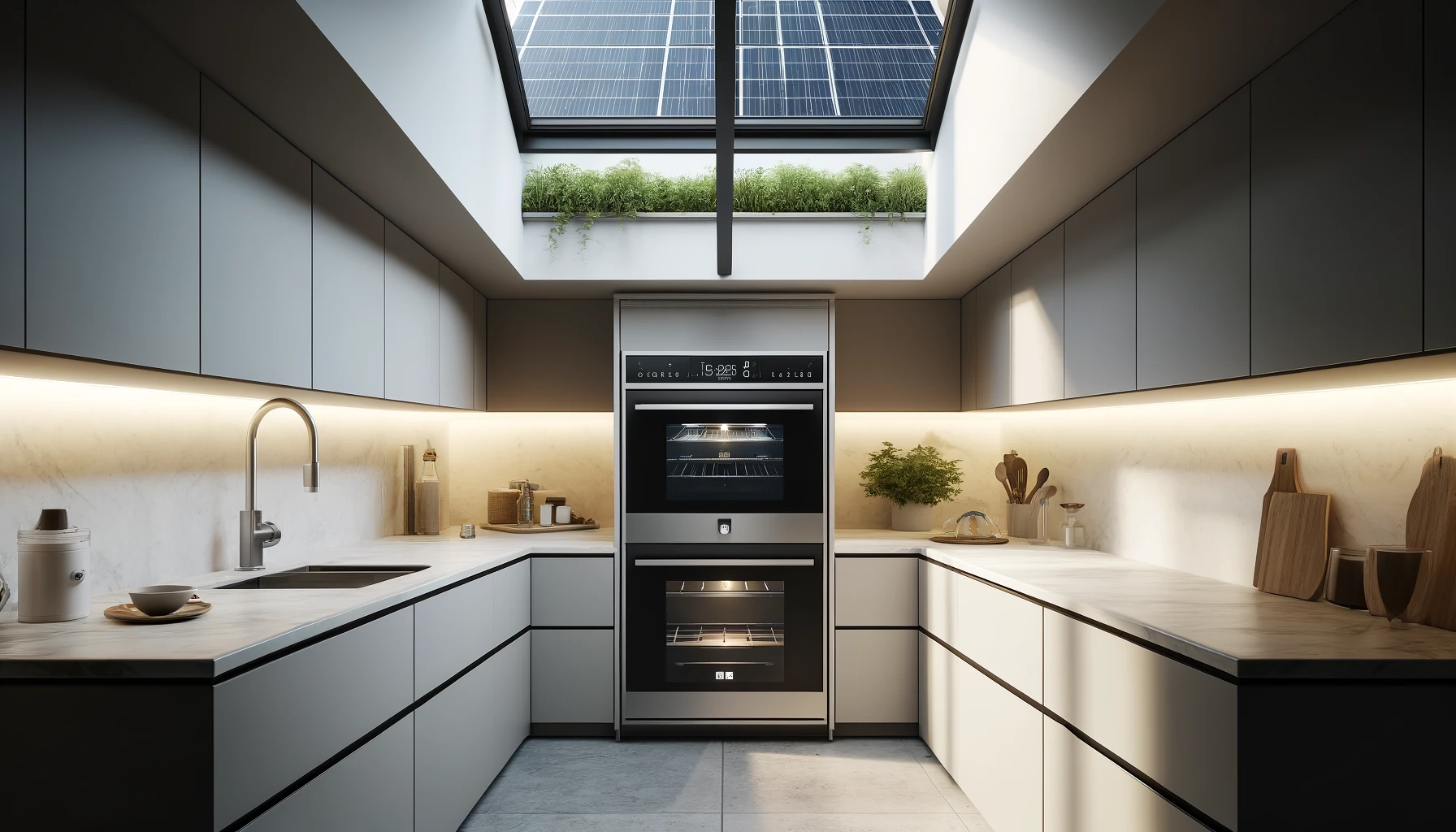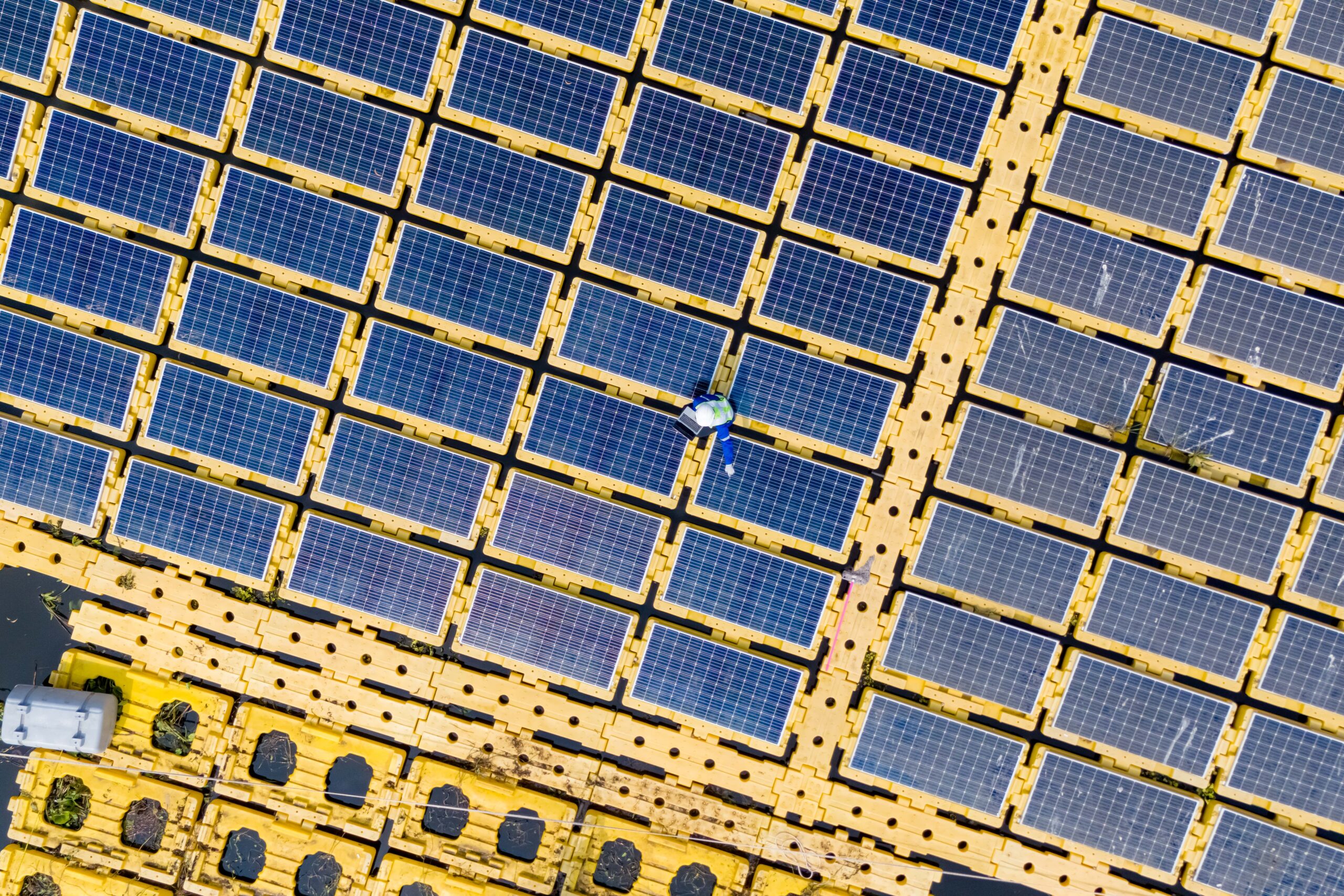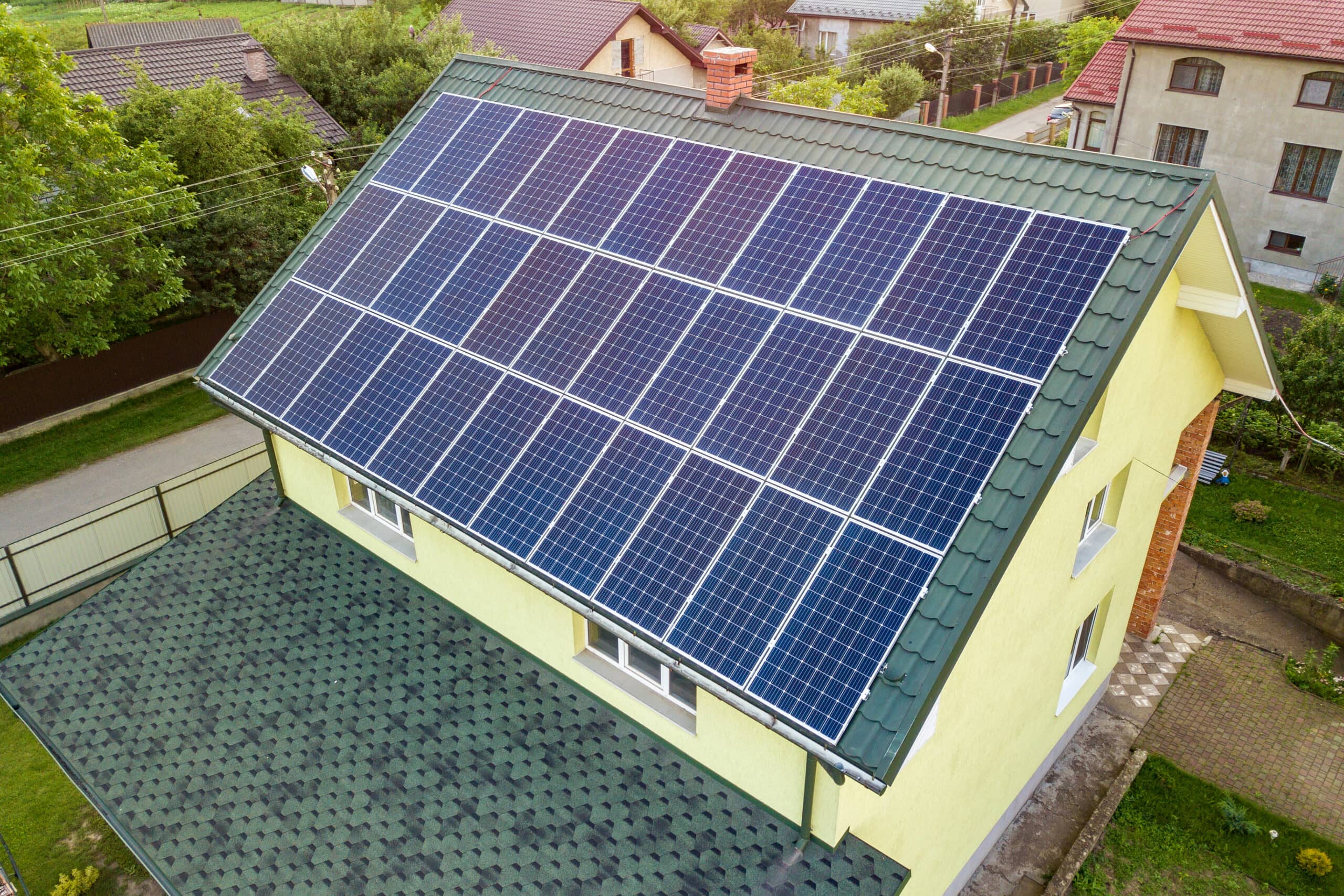Household appliances, like electric ovens, play a significant role in our daily lives. However, they can consume considerable energy, impacting our electricity bills and the environment. Understanding the energy consumption of these appliances is crucial in our quest for a more sustainable future.
But what if we could harness the sun’s power to fuel our electric ovens? Solar energy, a renewable and clean power source, has recently gained popularity. By exploring the potential of solar energy for powering electric ovens, we can reduce our reliance on traditional energy sources and contribute to a greener planet.
In this article, we’ll dig into the energy usage of electric ovens, uncovering how much energy they consume and its impact on our carbon footprint. We’ll also explore the possibilities of integrating solar technology into our homes, examining the feasibility and benefits of powering electric ovens with solar energy.
By promoting energy efficiency and embracing renewable energy solutions, we can positively impact our wallets and the environment. So, let’s dive into the fascinating world of electric oven energy consumption and the potential for solar-powered cooking!
What is Wattage?
Wattage is a term used to measure the rate at which electrical power is consumed. It tells us how much energy an electrical device uses per unit of time. In simpler terms, Wattage indicates how much power an appliance or device needs to operate.
The unit of measurement for Wattage is the watt (W). It is named after James Watt, the Scottish engineer who significantly contributed to the steam engine’s development. Watts can be further broken down into kilowatts (kW), where 1 kilowatt equals 1,000 watts.
To understand appliances’ energy usage over time, we use another unit called kilowatt-hours (kWh). Kilowatt-hours represent the total amount of energy consumed when an appliance operates at a specific wattage for one hour. It’s like measuring the distance traveled by car over time.
For example, if you have an electric oven with a wattage rating of 2,000 watts (or 2 kilowatts), and you use it for 2 hours, the total energy consumed would be 4 kilowatt-hours (2 kilowatts x 2 hours = 4 kilowatt-hours).
Understanding Wattage, kilowatts, and kilowatt-hours is essential when it comes to managing energy consumption and estimating the cost of using electrical appliances. It allows us to make informed decisions about energy-efficient choices and helps us keep track of our electricity usage.
How to Find Your Oven’s Wattage
To locate the wattage information for your oven, you can follow these steps:
- Check the oven’s manual: The product manual often provides wattage specifications. Look for a section that includes technical details or specifications.
- Look for a label: Check the sides, back, or bottom of your oven for a label or sticker that displays essential Information about the appliance. The Wattage might be listed there.
- Search online: If you don’t have the manual or can’t find the Wattage on the oven itself, you can try searching online. Look for the manufacturer’s website or reputable appliance databases that provide detailed Information about various oven models.
- Contact the manufacturer: If all else fails, you can contact the manufacturer directly. They should be able to provide you with the wattage information for your specific oven model.
Remember, oven Wattage can vary depending on the make and model, so finding the correct Wattage for your specific appliance is essential. Knowing the Wattage can help you make informed decisions about energy usage and ensure you use the oven safely and efficiently.
What Determines Electricity Consumption?
Several factors can influence how much electricity an oven uses:
- Oven Size:The oven size can impact its energy consumption. Larger ovens require more energy to heat up and maintain the desired cooking temperature.
- Cooking Temperature: The temperature you cook affects electricity consumption. Higher cooking temperatures typically require more energy to reach and maintain, increasing electricity usage.
- Cooking Duration: The length of time you use the oven also affects electricity consumption. Longer cooking durations mean the oven uses electricity for longer, resulting in higher energy usage.
- Cooking Methods: Different cooking methods can have varying energy requirements. For example, the oven’s convection feature, which circulates hot air, can help cook food faster and more efficiently, potentially reducing electricity consumption compared to traditional baking.
It’s important to note that these factors are not the only ones that can influence electricity consumption. Other variables, such as insulation quality, oven efficiency, and even the type of cookware used, can also impact energy usage.
By being mindful of these factors, you can make informed choices to optimize energy efficiency when using your electric oven. This can help reduce electricity consumption and contribute to a more sustainable lifestyle.
How to Calculate Your Electric Oven’s Energy Usage
When it comes to understanding the energy consumption of your electric oven, it’s essential to know how to calculate its energy usage accurately. Here are the steps to help you calculate your electric oven’s energy consumption:
1. Gather Information
Begin by gathering the necessary Information about your electric oven. This includes:
- The wattage rating of your oven is typically found on a label or in the user manual.
- The average time your oven is used per day or week, depending on your cooking habits.
- The cooking temperature settings are commonly used for your recipes.
2. Understand Wattage
Wattage measures power consumption and is crucial for calculating energy usage. Your oven’s wattage rating indicates how much power it consumes while in operation. For example, if your oven has a wattage rating of 2000 watts (2 kW), it uses 2 kilowatt-hours (kWh) of energy for every hour of use.
3. Calculate Daily Energy Consumption
To calculate your oven’s daily energy consumption, use the following formula:
Daily Energy Consumption (kWh) = Wattage (kW) × Hours of Use per Day
For instance, if your oven has a wattage of 2000 watts (2 kW) and you use it for 2 hours per day, the daily energy consumption would be:
Daily Energy Consumption = 2 kW × 2 hours = 4 kWh/day
4. Estimate Weekly or Monthly Energy Usage
To estimate your oven’s weekly or monthly energy usage, multiply the daily energy consumption by the number of days in a week or month that you use the oven.
For example, if your oven consumes 4 kWh per day and you use it five days a week:
Weekly Energy Usage = 4 kWh/day × 5 days/week = 20 kWh/week
Similarly, multiply the daily consumption by the number of days a month for monthly usage.
5. Consider Cooking Efficiency
Keep in mind that energy consumption can vary based on cooking efficiency. Preheating the oven, using convection settings, and adequately insulating cookware can affect energy usage. Adjust your calculations accordingly if you frequently use energy-saving practices.
By following these steps and understanding your electric oven’s Wattage and usage patterns, you can accurately estimate its energy consumption. This knowledge empowers you to make informed decisions about energy-efficient cooking practices and explore the potential for integrating renewable energy sources like solar power to reduce your environmental impact.
Electric Ovens, Residential Solar, and You
Let’s talk about the feasibility of powering electric ovens with residential solar energy systems. Integrating solar power with your electric oven is possible, but there are a few things to consider:
- Compatibility: Electric ovens can be powered by electricity from the grid or a solar energy system. To ensure your oven is compatible with solar power, check its power requirements and ensure they align with your solar system’s capacity.
- Solar System Capacity: The capacity of your residential solar energy system will determine how much electricity it can generate. Consider the size of your system and whether it can meet the energy demands of your electric oven. Remember that ovens typically require significant power, so you may need a more extensive inverter system to support it.
- Considerations: When integrating solar power with your electric oven, it’s essential to consider the oven’s energy efficiency, cooking habits, and available sunlight. Energy-efficient ovens can help maximize the benefits of solar power while adjusting your cooking schedule to align with peak sunlight hours can optimize energy production.
Using solar energy to power electric ovens can be a great way to reduce your environmental footprint. By harnessing the sun’s power, you can decrease your reliance on grid electricity and contribute to a cleaner, more sustainable future.
We encourage readers to consider energy-efficient practices and renewable energy solutions in their homes, not only for their electric ovens but for all their energy needs. Together, we can positively impact the environment while enjoying the benefits of clean and renewable energy.




